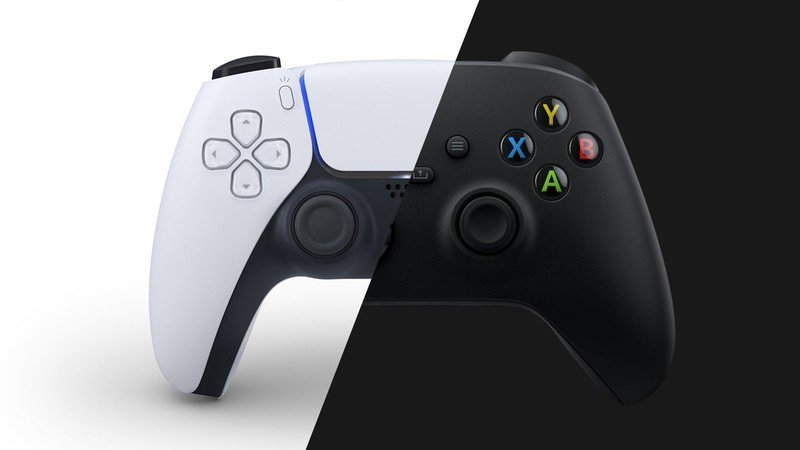The PS5 can, let’s face it, afford to enjoy some laziness. The upcoming, next-generation gaming console competes with the Xbox Series X and comes as the direct successor to the hugely successful PS4. That console, in a stroke of genius, beat its rival Xbox One in every sense of the way. It was more powerful, had higher graphical prowess, and looked less ugly. The acclaimed, Sony-exclusive games, like The Last of Us 2, God of War, and Spiderman all showcased the main trump card the PS4 had over the Xbox One.
This generation, the tides seem to shift. The Xbox Series X, learning from the mistakes of its predecessor, smartly matches the PS5. Both consoles offer similar hardware and the same retail price at $500. However, the biggest advancement both rivals makeover their predecessors is the inclusion of SSD’s (Solid State Drives).
As we covered here, the use of SSD’s over traditional HDDs makes read and write speeds shoot up drastically. The aim and both consoles do achieve this, is super-fast load times and minimum boot-up times.
In terms of pure math, the PS5 should have a speed advantage over the Xbox Series X
The SSD’s on both consoles differ significantly, of course. The Xbox Series X packs a 1 TB drive that boosts all games, across any generation, in terms of load times. On the other hand, the PS5 comes with a smaller 825 GB SSD (which means effective usable space is significantly less). However, the specs behind the PS5, if you compare it to the Xbox, should ideally see a 200% speed boost.

For months, until reviewers got their hands on test models and game demos, that was the narrative. Phrases like “twice as fast as the Xbox” abounded, with only the mathematic values to back up the claims. However, the reality comes across as much more disappointing for PS5 fans. The SSD is blazingly fast (see how it quickly boots up Spiderman Miles Morales here). But the truth is that for third party games, in a head-to-head race, it cannot outpace the Xbox Series X’s SSD.
Several direct speed comparisons show a clear lead for the Xbox’s SSD
The most unexpected thing about these new benchmarks is how significant the differences seem. A difference of just a second or two is negligible and in the margin of error. But a 10-15 second difference? That is something we just can’t ignore. And especially when the said console was all but marketed to outspeed the competition.
Take a look at standby to boot times. This refers to the time taken to turn the console on from standby to the main menu. The Xbox Series X comes in at 4 seconds. And the PS5? An entire 14 seconds. Not just that, but backward-compatible running titles like Destiny 2 show marked differences too. Compare the former’s 29 seconds to Orbit and the latter’s 39 seconds. Whether this difference is due to the Xbox’s ‘Velocity Architecture‘ or not representative of next-gen games is unclear.
Both consoles still run fast, and both SSD’s are still great improvements over HDD’s
To be absolutely fair, the PS5 is a terrific console. It has a fantastic ‘DualSense’ controller, good upcoming exclusives, and a premium-designed body. The UI might need some work, though. However, calling the PS5 the best console available would only make sense in a vacuum. Or compared to only the Nintendo Switch, or a gaming PC that costs thrice as much to run at similar resolutions. But with an SSD that scientifically should beat the Xbox Series X, yet fails to do so, shows that the Xbox is the better value-for-money.
In other news, the Xbox Series S, despite the more budget-friendly appeal, may not have enough storage to warrant large games. Click here to read more!


